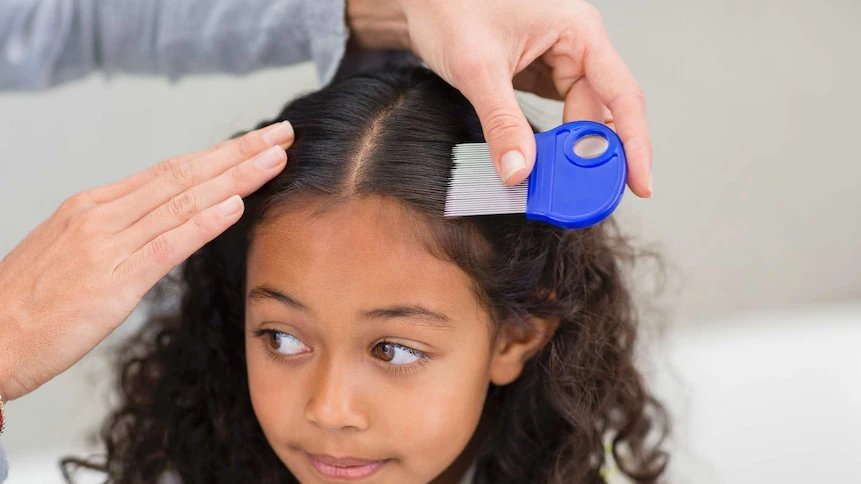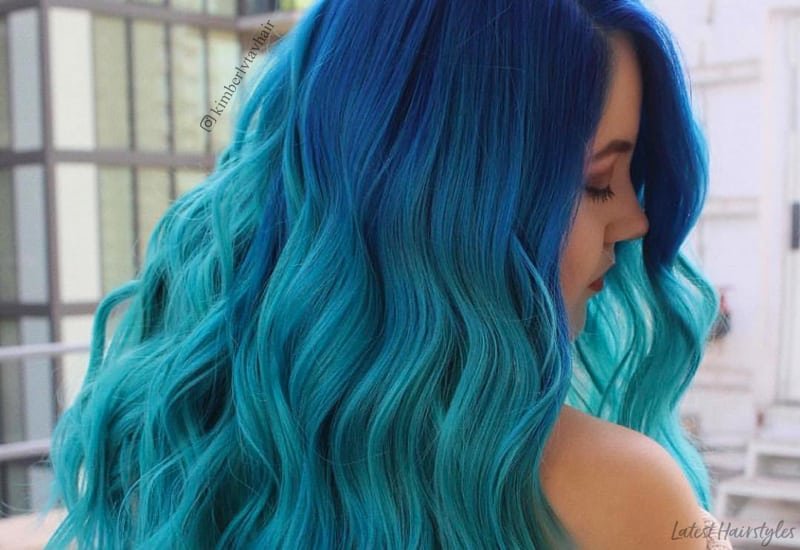This post will go through controversial problems that people are facing with lice vs dandruff.
Lice vs Dandruff – Identify the Symptoms
Lice vs Dandruff is a popular question in many households these days. With more cases of lice reported, people are becoming more aware of the harmful impact lice can have on our health.
For most people, lice vs dandruff have very little difference. However, for those with allergies or who are dealing with an infestation, this can be a much different story.
What kind of shampoo you should use
Let’s face it, having lice vs dandruff are not pleasant. These pesky insects can lay their eggs in your hair and leave you with lice vs dandruff symptoms such as burning and itching. It can also leave behind nits that can become a big problem when trying to take care of your hair. When looking for a shampoo that works effectively against lice vs dandruff, there are a few things you need to consider. First and foremost, look for a shampoo that has an alcohol base.
Seborrheic dermatitis
One of the most common reasons for people having problems with lice vs dandruff is seborrheic dermatitis. This is a skin condition that results from your body reacting to a substance found in your skin.
In this case, the substance causing the reaction is oil and will commonly cause your scalp to become very oily. This in turn will allow lice vs dandruff to thrive. A good solution for seborrheic dermatitis would be to find a shampoo that contains salicylic acid.
Tea tree oil
Another thing to look for in a good shampoo to kill the lice vs dandruff would be tea tree oil. This is an all-natural ingredient that will not dry out your scalp or make it feel greasy. To get the best results, use a shampoo that contains tea tree oil. If you cannot find one, try to find one that contains it as well. The more tea tree oil that is used in your shampoo, the better it will work against lice vs dandruff.
Conclusion
Lice vs dandruff are both irritating and can cause extreme itching and burning. This can make it very difficult to get rid of the lice because they can make your skin extremely dry and scratchy. This can lead to scarring if it is left untreated for a long period of time.
Even if you do not have lice or dandruff, it is still important to get treatment as soon as possible because these types of infections can lead to serious diseases like lice fever. If you notice any of the symptoms of lice vs dandruff, it is very important to immediately contact a professional who can recommend a treatment plan.

Can Black People Get Lice?
So, can black people get lice? It’s not as common, but yes, black people can contract lice, just as any other white person with healthy hair. Lice don’t discriminate. However, the idea that black people can get lice isn’t a very popular myth anymore because it actually does happen quite often.
Do black people get lice? Lice are parasitic insects that live off of dead human skin. In most cases, they aren’t seen unless there’s a thick coating of hair on the head. And they can’t survive without a human host to attach themselves to. That means black children, or anyone who’s less prone to hair breakage, are the ones who are more prone to getting lice and dandruff.
How can black people get lice? The most common way for black women to contract head lice is through sharing items such as towels or hats.
While it is less common, some cases have also shown that African American children can be infected through head lice by visiting parks that have open-air mattresses where they can share the blankets on the beds.
In general, the symptoms of lice do not manifest until late in the third month of infection. By then, the person will have already experienced itching, a rash, and more severe cases of scratching can lead to painful sores that can spread into the scalp and other parts of the body.
So, can black people get lice? The answer is yes, they can.

Does Hair Dye Kill Lice?
The question of the day is “Does hair dye kill lice?” It seems many people are asking this question because some of them have been recently affected by head lice and cannot get rid of them using normal methods.
In some cases, it can be even more difficult than dealing with head lice because those little creatures can live up to six weeks without feeding, at which point you will need a very powerful antiseptic. The good news, however, is that there are safe natural remedies that can get rid of the nasty pests, and they do not involve chemicals or dangerous acids at all.
Hair dye itself does not kill lice, but it does use ammonia as a component to liquefy the blood. Ammonia is commonly used in hair products to get rid of dandruff and colored hair dye is no different. Head lice, however, cannot survive in an alkaline environment, so eventually, they will die. Vinegar is another popular treatment for getting rid of these pesky creatures that work pretty well too.
Vinegar has been used to treat people with diseases for decades, and in cases where people had recurring infections, it was used as a treatment. It seems to work well against lice because it is mildly acid, which means that the critters cannot live in it.
As a result, the dye will work to gradually kill off the creatures, leaving behind a nice white head of hair in the process. Natural remedies are a great option for anyone dealing with a louse infestation because the only chemicals used are those that are alkaline and non-toxic. Now you have the answer to the question “Does hair dye kill lice?”
Dandruff or Head Lice? How to tell the Difference:
Other Related Sources

1. Lice vs. Dandruff: Differences, Pictures, and Symptoms
Lice are easy to confuse with dandruff, which is a very common problem. While lice are a temporary infestation, dandruff is a chronic skin condition.
Source: https://www.medicalnewstoday.com/articles/324051
2. Lice vs. Dandruff: How to Tell the Difference – Verywell Health
Lice and dandruff are both uncomfortable conditions that cause your scalp to itch, and they are easily confused with each other. While lice are a temporary infestation, however, dandruff is a chronic skin condition.
Source: https://www.verywellhealth.com/lice-vs-dandruff-5180876
3. Lice vs. Dandruff: How Do I Tell the Difference? – Healthline
Lice and dandruff are two common conditions that affect the scalp. While they share some similarities, lice and dandruff have different causes so they require different treatments.
Source: https://www.healthline.com/health/lice/lice-vs-dandruff
4. Lice vs Dandruff – How to Tell Difference Between Lice and Dandruff
Lice and dandruff symptoms may look or feel similar, but getting rid of the itch requires different tactics.
There are many things that can lead to an unbearably itchy scalp. Sure, a quick scratch here and there may not be much to worry about—but when you suddenly notice white flakes showing up, it can be tricky to know what’s going on up there. And there are two causes that get easily confused: dandruff and lice.
Source: https://www.prevention.com/beauty/hair/a29416670/lice-vs-dandruff-difference/

